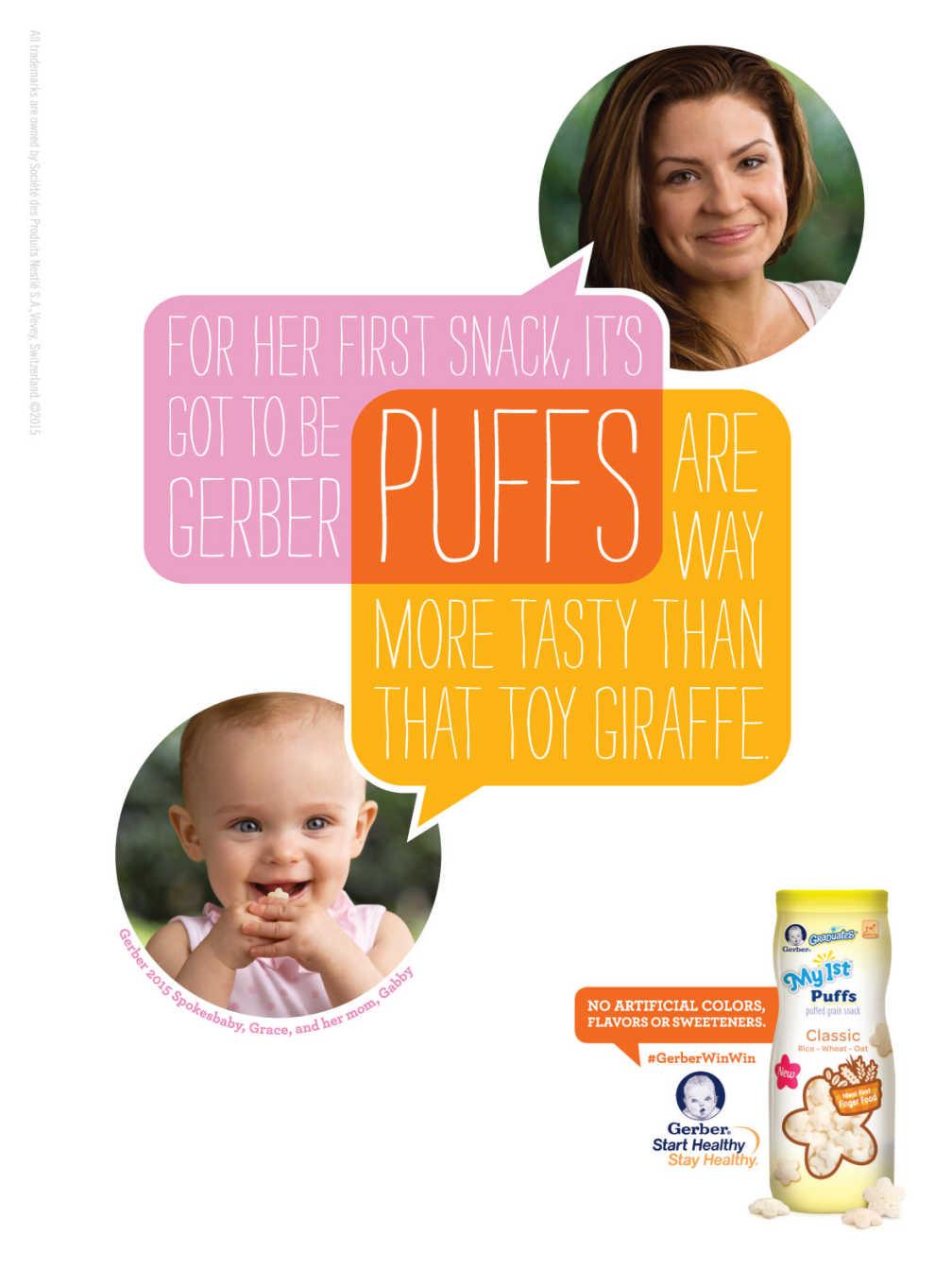
3 minute read
Baby
TODDLER 1-2 years
speed up, slowpoke!
Advertisement
Kids this age take their sweet time doing almost everything. How to move them along
by TAMEKIA REECE
GETTING dressed, eating, taking a bath, climbing into his car seat— your toddler’s daily activities seem to be executed in excruciatingly slow motion. Of course, his tendency to draw out events and to linger whenever he spots an interesting item isn’t meant to annoy you. Toddlers are both very curious creatures and easily distracted, so when an object captures their attention, they often forget about everything else, says family physician Deborah Gilboa, M.D., author of Get the Behavior You Want … Without Being the Parent You Hate! Kids this age also lack a sense of time and thus feel no urgency to speed up so Mommy isn’t late for work. If the slow going is driving you nuts, try these dawdlerdefeating strategies.
➜ Map it out.
Sometimes toddlers get diverted because they find it difficult to follow (or remember) your directions. To make it easier, break them down, suggests Rallie McAllister, M.D., coauthor of The Mommy M.D. Guide to the Toddler Years. If you want your child to fetch his shoes, make your request simple yet explicit: “Tommy, please walk to the door … now pick up your shoes. Great! Can you bring them to Mommy?” Another idea: Take photos of your child completing each morning task (eating breakfast, brushing his teeth, getting dressed) and then paste them onto a poster board à la a child-care teacher. Having everything lined up chronologically will make the daily routine seem simple and fun, which may help put more pep in his step.
➜ Minimize distractions.
If the TV is on in the background or a toy beckons from across the room, your toddler is more likely to lose interest in what she’s doing. When you want her to focus on dinner, turn off electronic devices and hide potential attention-grabbers. You can also keep your child on task by making her an active participant in the process. Asking, “Do you want to eat your green beans or your meat first?” makes her feel like she has some say in the matter—and encourages her to cooperate rather than delay, points out Dr. McAllister.
➜ Ease into transitions.
Toddlers often have trouble shifting from one activity to the next because they tend to be lost in the moment, says Tovah P. Klein, Ph.D., author of How Toddlers Thrive. To smooth transitions, give your child advance notice of what’s coming next. Since he won’t understand what “ten minutes left” means, try, “Soon it will be bathtime. We’ll read one more book. When it’s done, we’ll go to the tub.” You might point out the pluses of an upcoming activity to get him excited (“You’re going to have so much fun on the swings at the park!”) to inspire him to move faster.
➜ Reward timeliness.
When your child gets ready for bed quickly or lets you reach your destination without any detours, try making a big deal about it (“You did such a great job walking without stopping that we made it to the restaurant on time—yay!”). Praising a positive behavior increases the likelihood that she’ll repeat it the next time. Small incentives can also have a big impact. When it’s time to get ready for day care, say, “If you’re dressed by the time my phone beeps, you can choose a puzzle for us to do later, or we can have a mini dance party,” suggests Dr. Gilboa. Earned rewards teach your child that being efficient creates opportunities to do activities she enjoys.
➜ Pick up the pace (gently).
Sometimes you can’t wait for your child to get moving. You might be running late for a meeting or have a family emergency. In such instances, it’s important to keep your cool. “When you rush, your toddler picks up on your tension, and your urgent commands may cause him to freeze up completely,” says Dr. McAllister. Instead of pressuring your child to “hurry up,” get down at his eye level and explain the situation: “I know you’re very excited about this dirt pile, sweetie, but we need to leave. Let’s take a picture of it, and we can talk about it later.” Then scoop him up if necessary and go. ❾
When your child gets ready for bed quickly or lets you reach your destination without any detours, make a big deal about it to encourage him.








